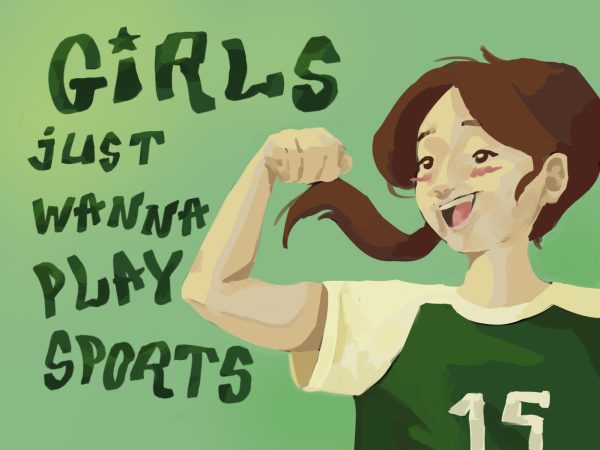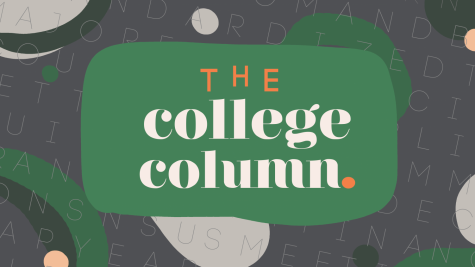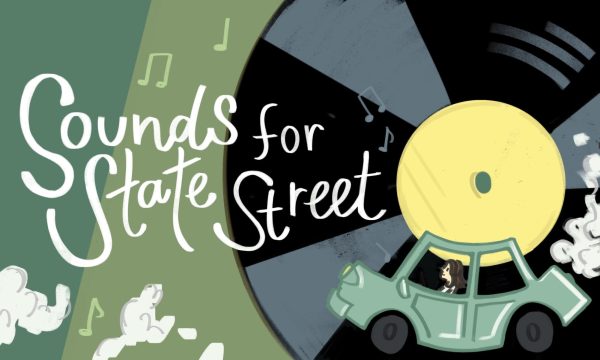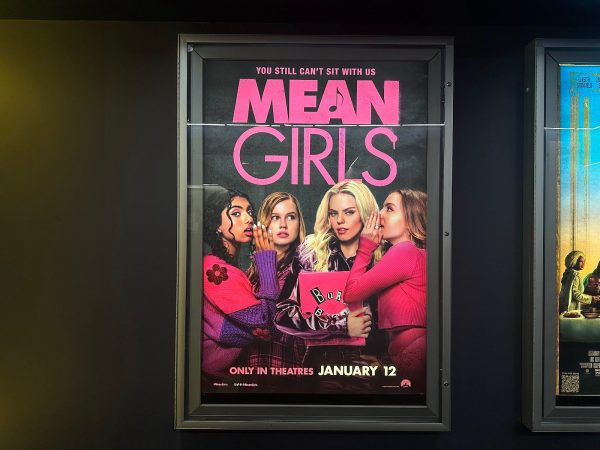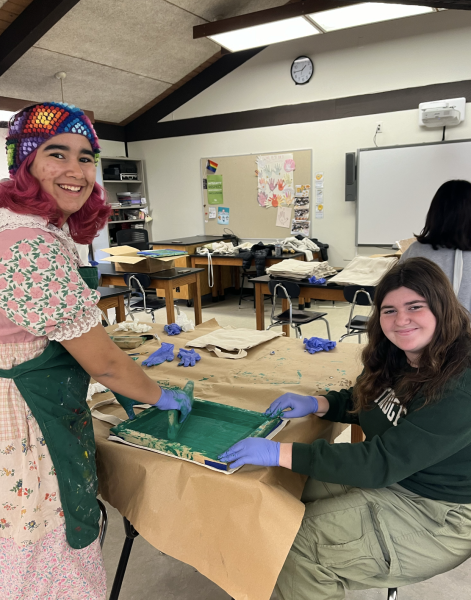Toxic Celebrity Culture, Britney, and Me
Britney Spears posing for cameras.
In November 2021, pop star Britney Spears revealed that she had been stuck in a toxic and restricting conservatorship for the past 13 years. Spears took her case to court to fight for her financial and personal freedom. During the case, her plight was all over the news. I didn’t follow the situation at all, and I probably never would have known what was happening if it had not been briefly mentioned in class.
As a kid, I was interested in Spears’ music, but that wasn’t the main reason why I liked her. I respected her because she was, to me, the original pop star. She seemed untouchable, like her reign of fame was never going to end.
I had avoided the saga of Spears’ conservatorship because I was used to the media dramatizing celebrity lives for attention; I thought this was blown out of proportion. But a quick couple of google searches proved me wrong. I understood the basic facts of the conservatorship in no time at all, but what I was most curious about was the cause. I learned that the conservatorship was forced on her by the court because her family was concerned for her mental health. But was her behavior a result of mental illness or the inevitable side effects of a life lived in scrutiny?
Spears’ actions were spurred on by the toxicity of celebrity culture. Celebrity culture is the way in which society intrudes on every aspect of a celebrity’s life. Britney hit a car with an umbrella because she was sick of being followed by the paparazzi. She shaved her head in an expression of aggravation and rebellion after she had gone through a very messy, very public divorce. She drove with her kid in her lap to escape what she described as physically aggressive paparazzi because she didn’t have time to put him in the car properly. Considering her lifestyle, her actions don’t seem so unreasonable.
We, as fans, have an insatiable urge to devour any news about our idols. It’s not malicious in nature; we’re just curious. But, at some point, it becomes unhealthy for both the idols and the idolizers. Fans develop an obsession with learning everything they can about their idol, glorifying them and developing an imagined personal relationship with them. This one-sided relationship dehumanizes celebrities and disrespects their boundaries.
Stephanie Pappas, a writer for Live Science, speculates about the reason fans get attached. She wrote, “Celebrities give interviews, share juicy information about their personal lives, and even engage directly with fans on sites such as Twitter. The result is that ‘parasocial’ relationships — the psychological term for the kind of one-sided relationships fans have with stars — are easier than ever.”
Pappas talks about the one-sided relationship between fans and celebrities. With how much celebrities tell fans that they love them, it’s easy to get caught up in the passion. But at the end of the day, they don’t address anyone specifically, they are addressing their fanbase as a whole.
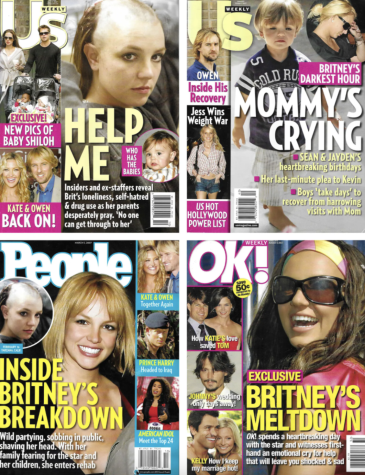
And with social media becoming even more popular, it doesn’t look like the amount of personal information we see or the amount of interactions between celebrities and their fan bases will decrease. So will we find a way to develop a healthy relationship with celebrities?
Call me cynical, but I think that as a society we’re never going to treat celebrities like humans. The next Britney Spears will be harassed just like Britney Spears was. The internet and social media may even exacerbate the existing toxicity of celebrity culture. YouTube, Twitch, and TikTok propel an increasing number of young people into stardom when they know little about themselves and even less on how to receive criticism and interact with people. Social media also makes it easy for fans to imagine personal relationships with celebrities.
I acknowledge my guilt and the way I used to gobble up celebrity drama, having no idea how much I was contributing to the harmful culture. School and other activities lessened the time I had to peruse the internet looking for gossip, but I would always flip through a brightly-colored magazine when I saw one while waiting in a grocery line because it seemed like innocent, pleasant entertainment that could fill the boring moments.
Unfortunately, there isn’t an easy solution to solve this problem. It’s built into the system. The media profits off of taking advantage of celebrities, so it won’t stop. And people like me who glance at a magazine will find it hard to stop too because it seems like following celebrity drama is innocent, or even beneficial because it gives celebrities attention, which is good for their business. But in the end, it only enforces the idea that they are only alive to entertain.

![Many students at Westridge recognize the benefits of rewriting, but do it ultimately for a better grade. [When I revise] I get to make those changes and like, obviously, get a better grade, but also because Im learning more things, said Avin M. 27.](https://westridgespyglass.org/wp-content/uploads/2024/05/ElizaK-Rewrite-Policies-1200x750.jpg)
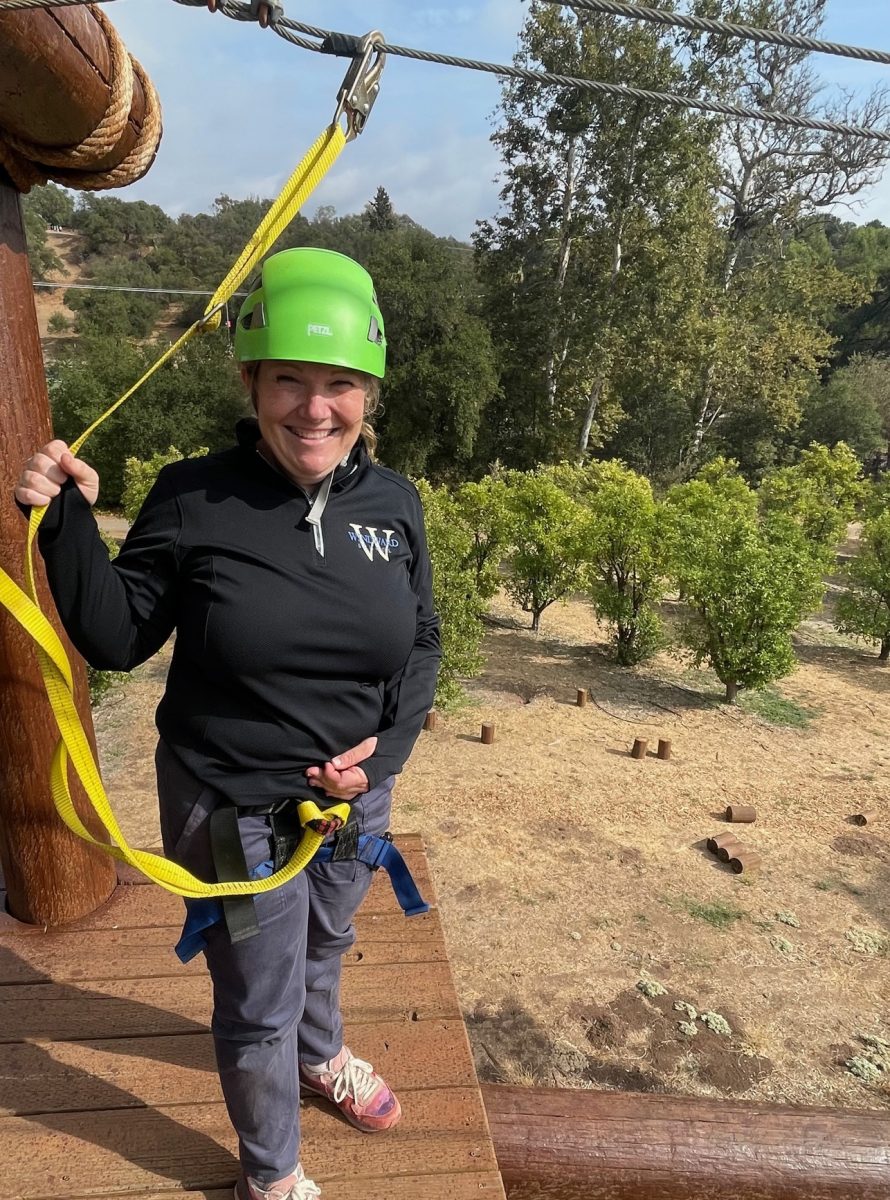

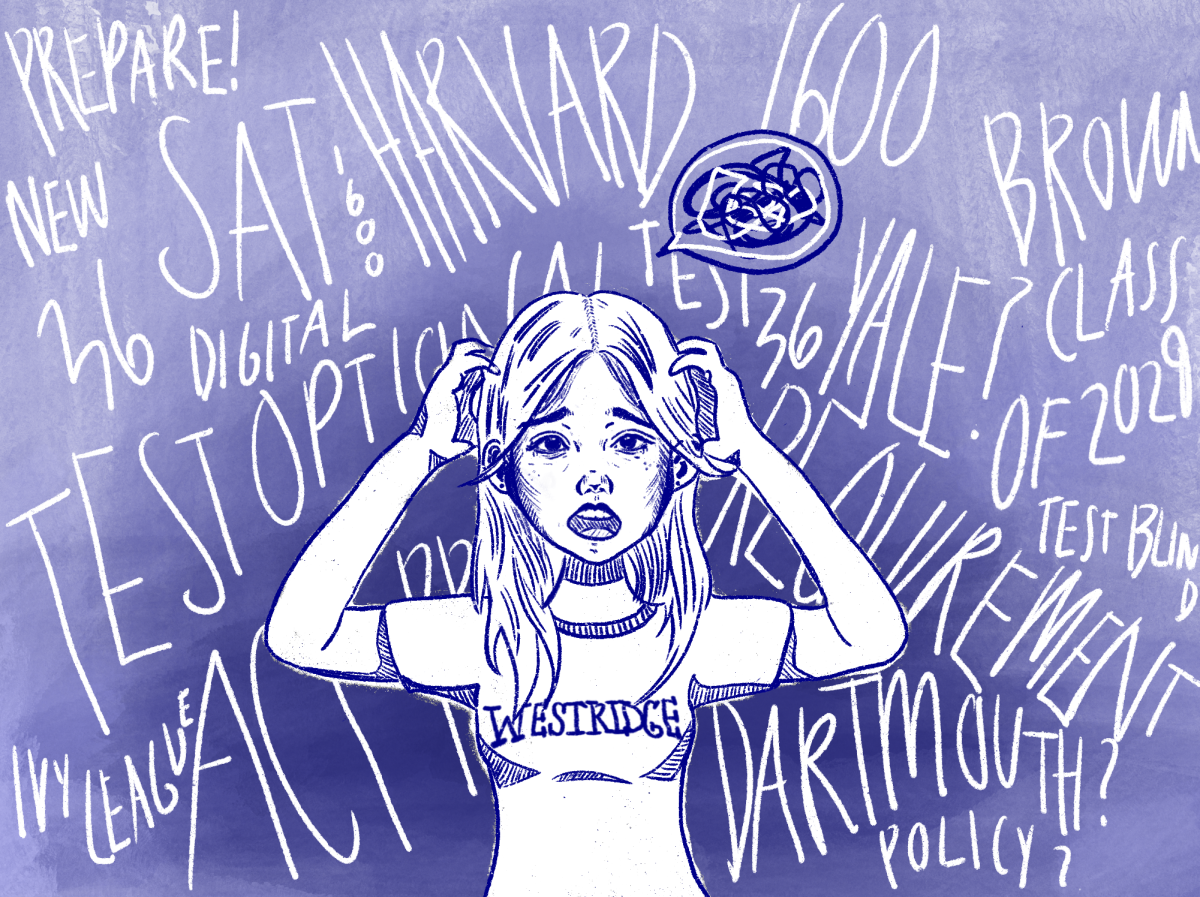
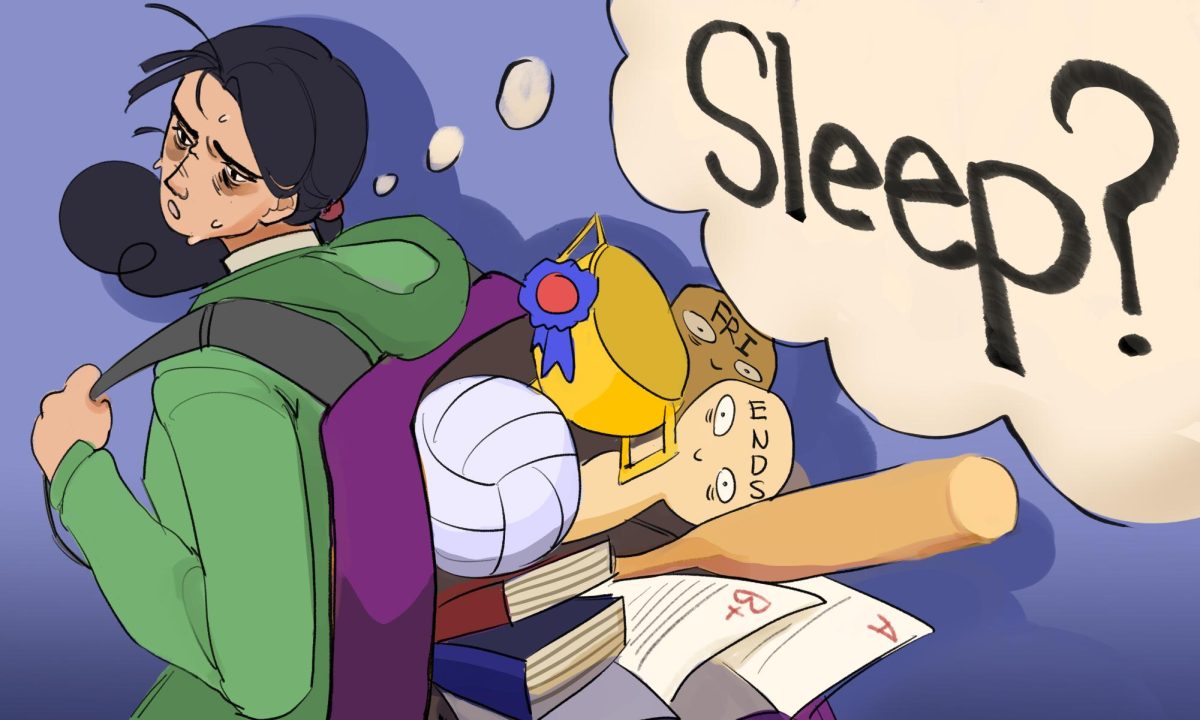
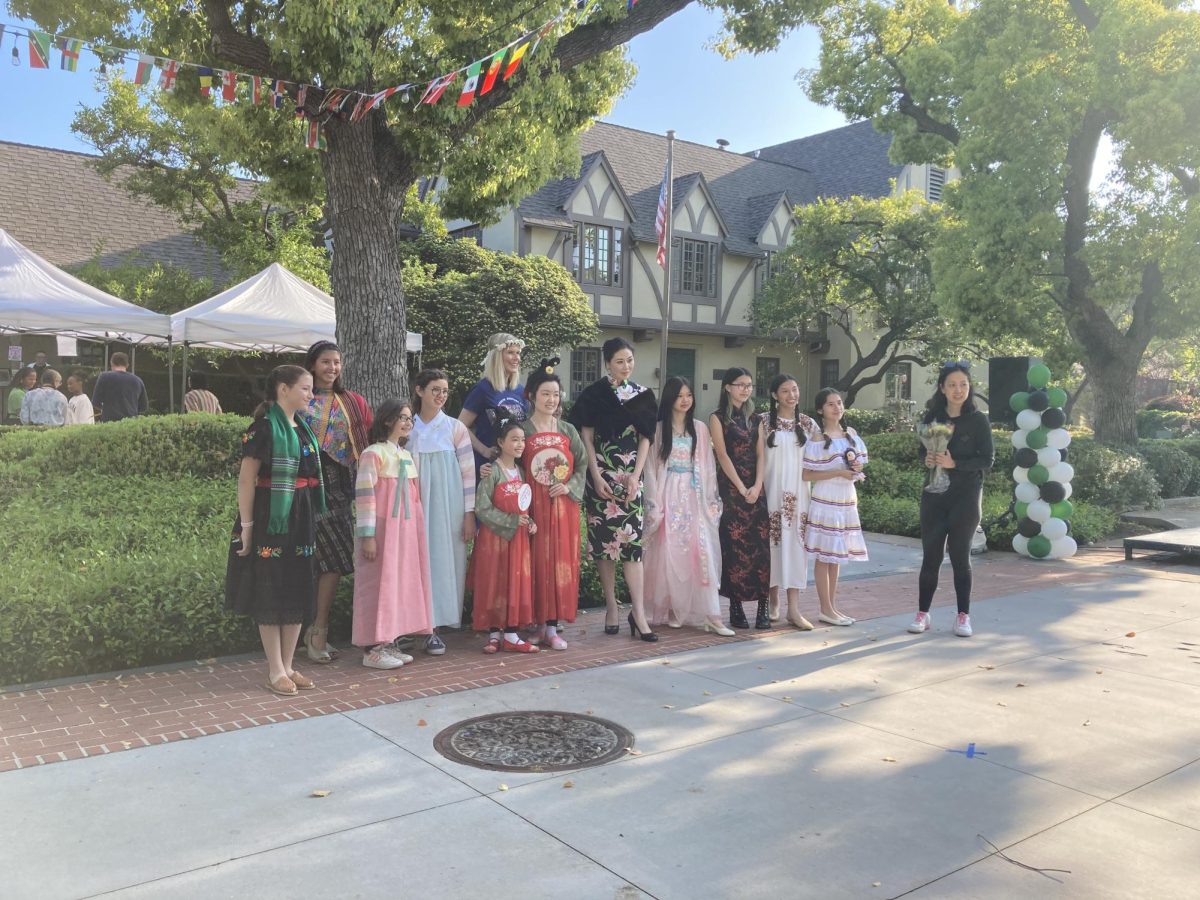



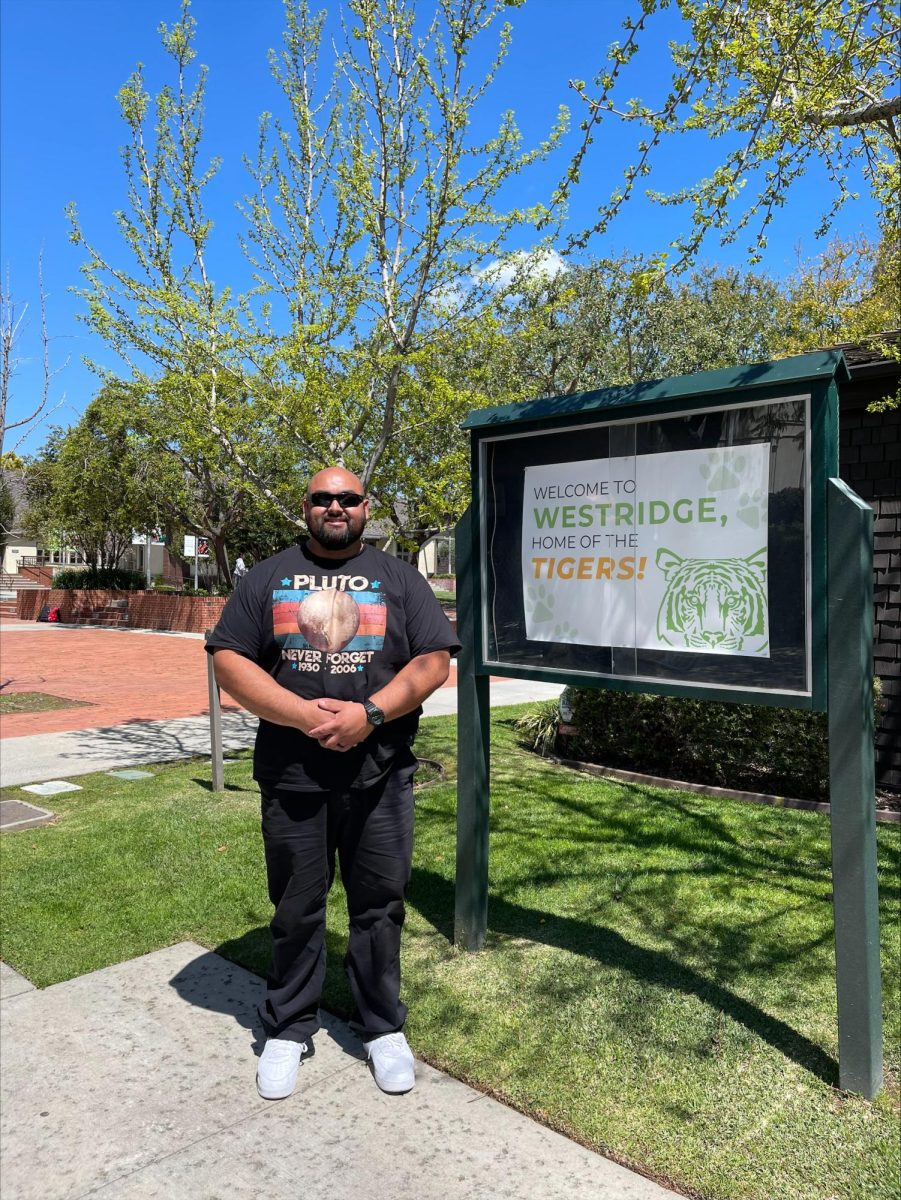
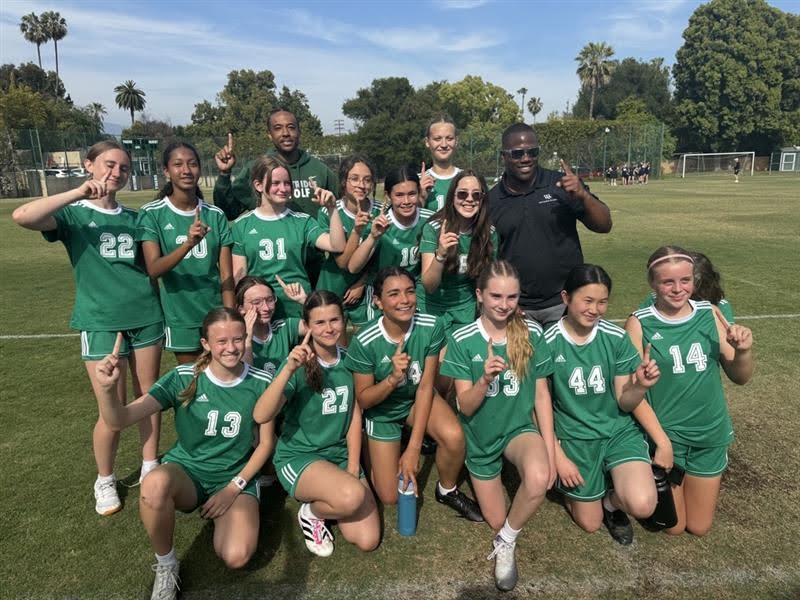




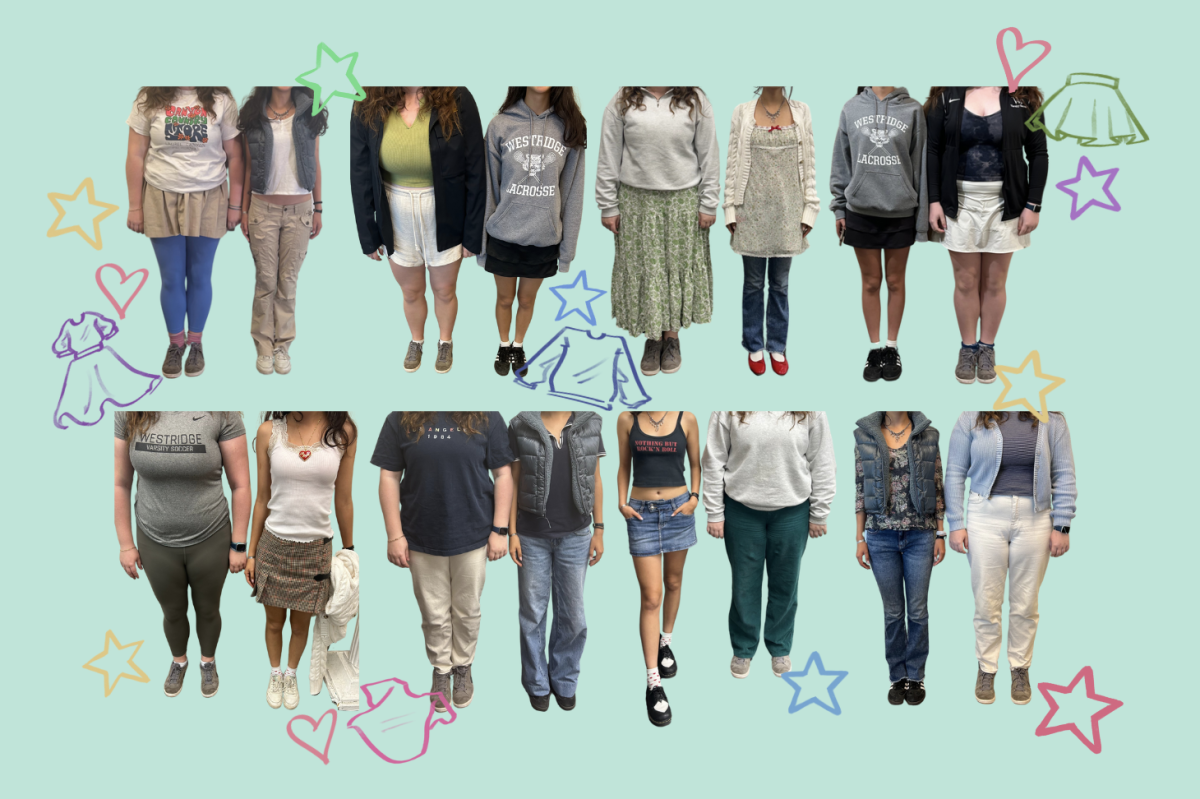


![[TTPD] has the more story-like poetic lyrics of folklore/evermore with her classic pop instrumental and production, so it feels very “her” to me. Like a culmination of everything she’s done to get to where she is now, comments Eliza L. 25](https://westridgespyglass.org/wp-content/uploads/2024/05/19swift-arrival-qfgw-articleLarge.jpg.webp)





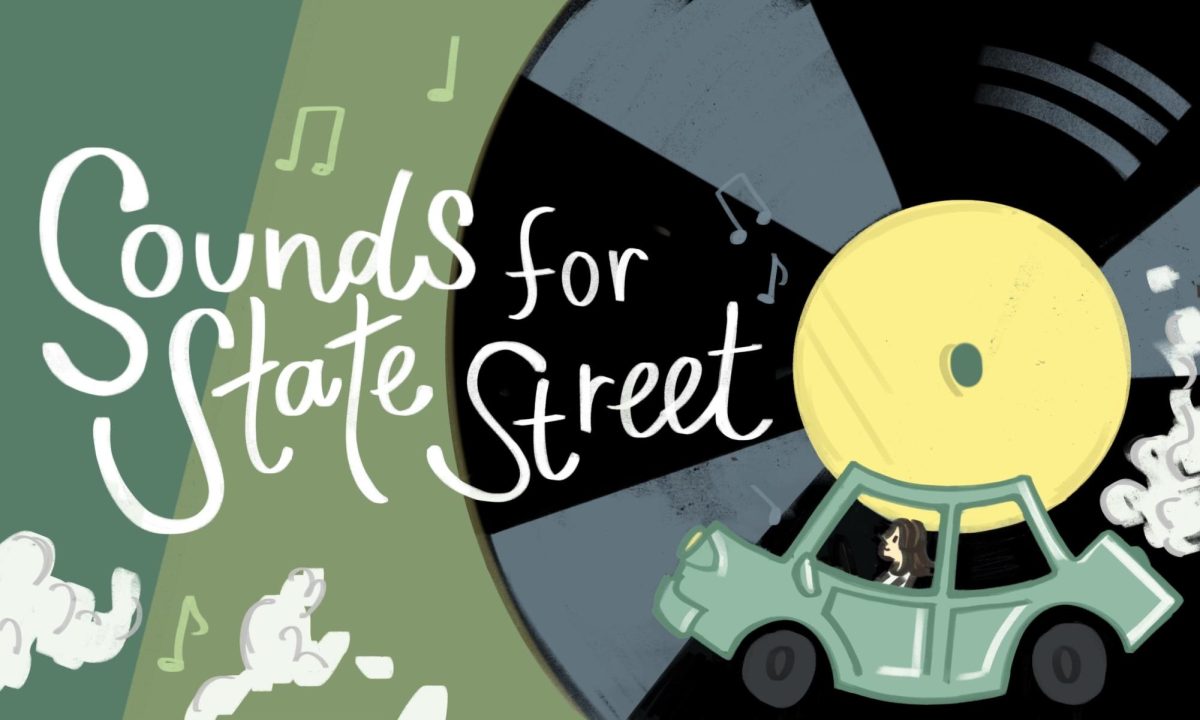


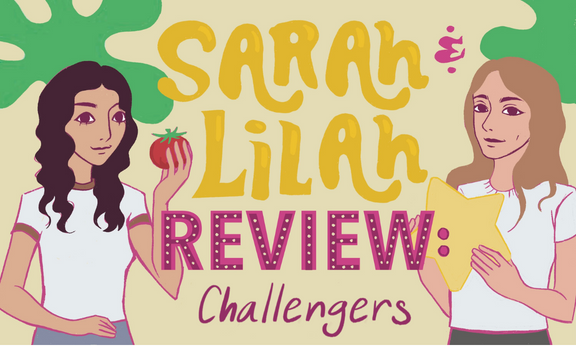



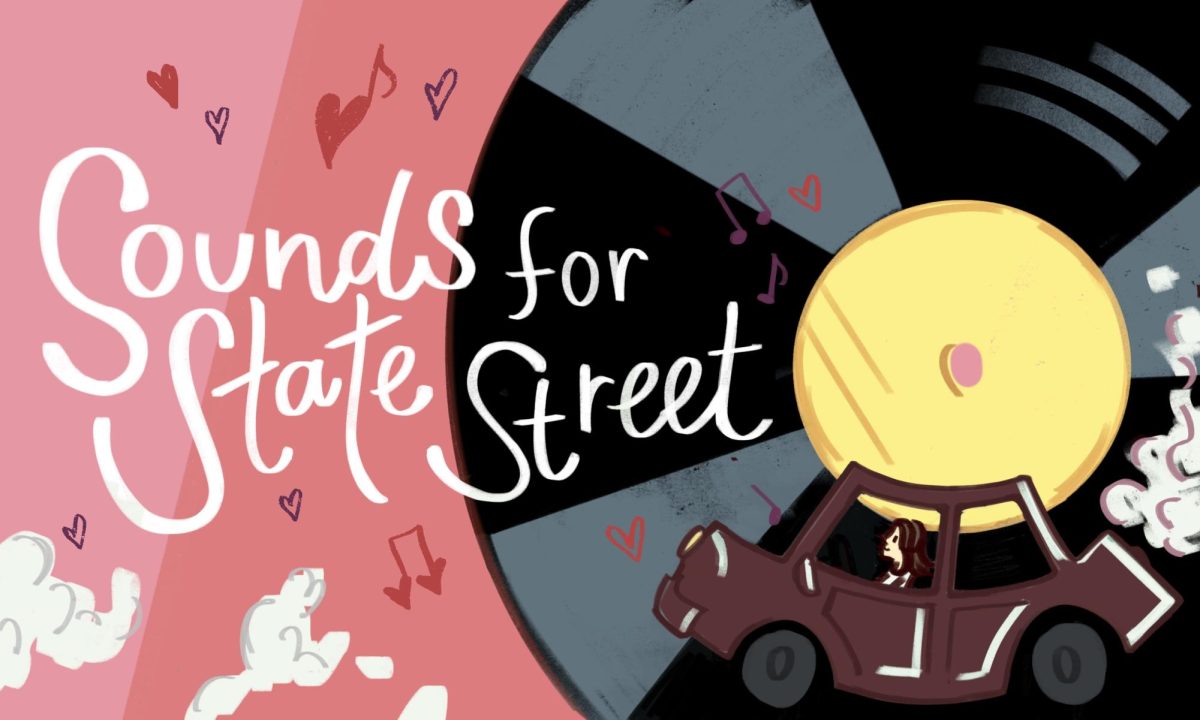
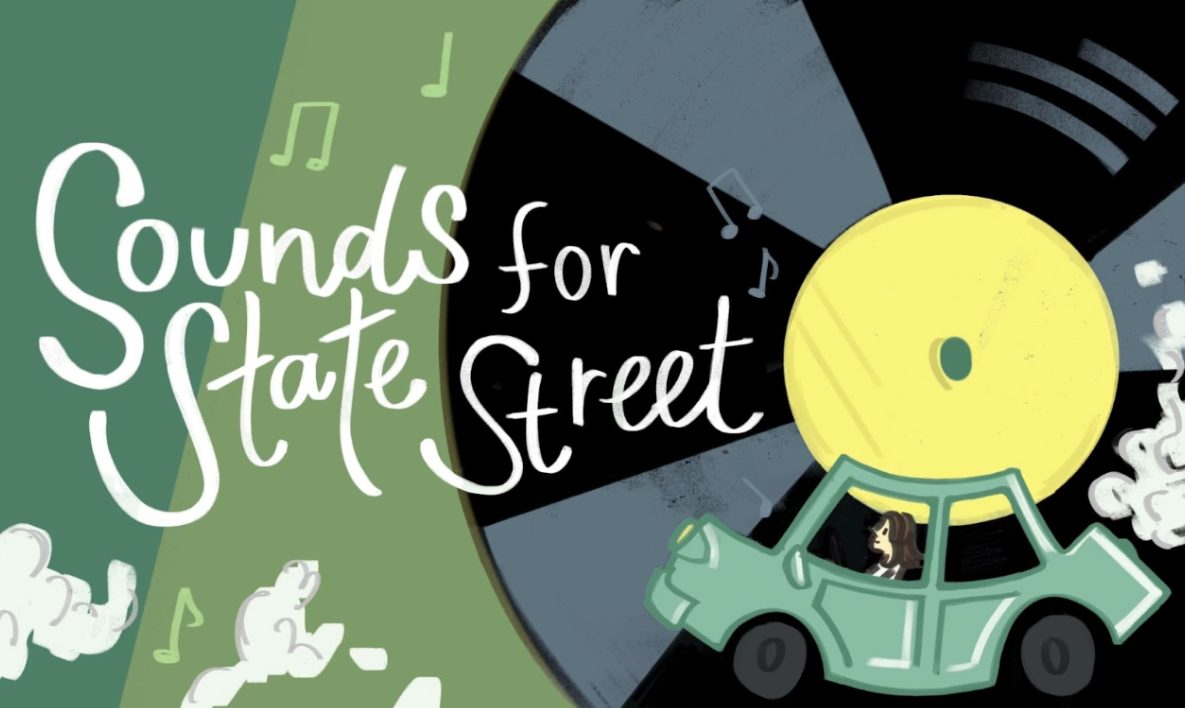


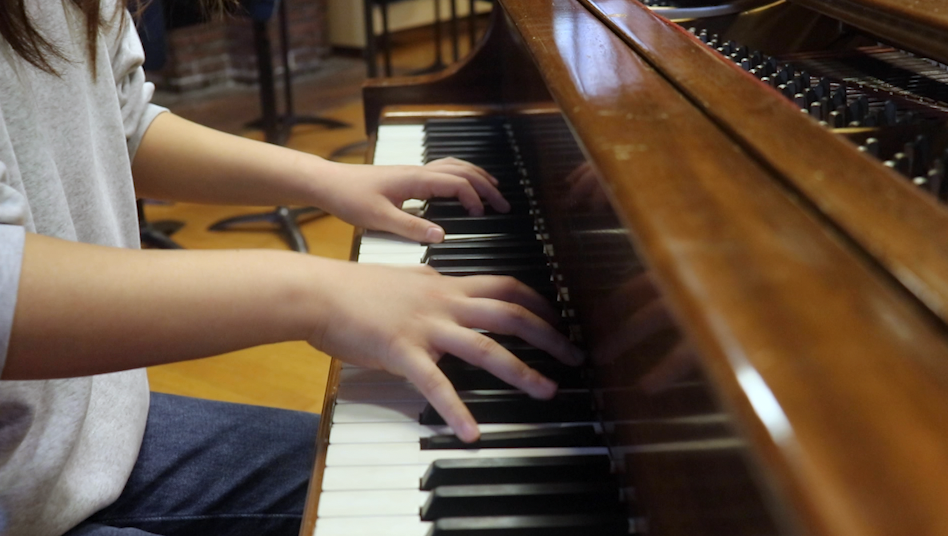

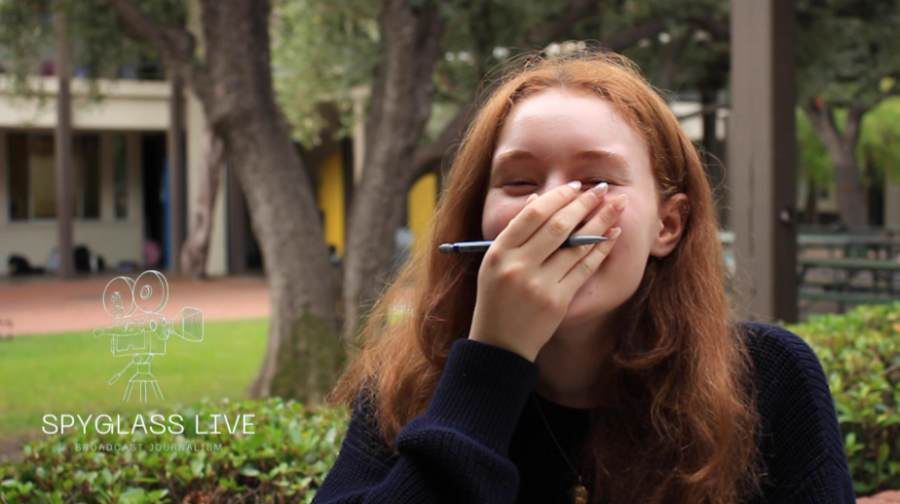

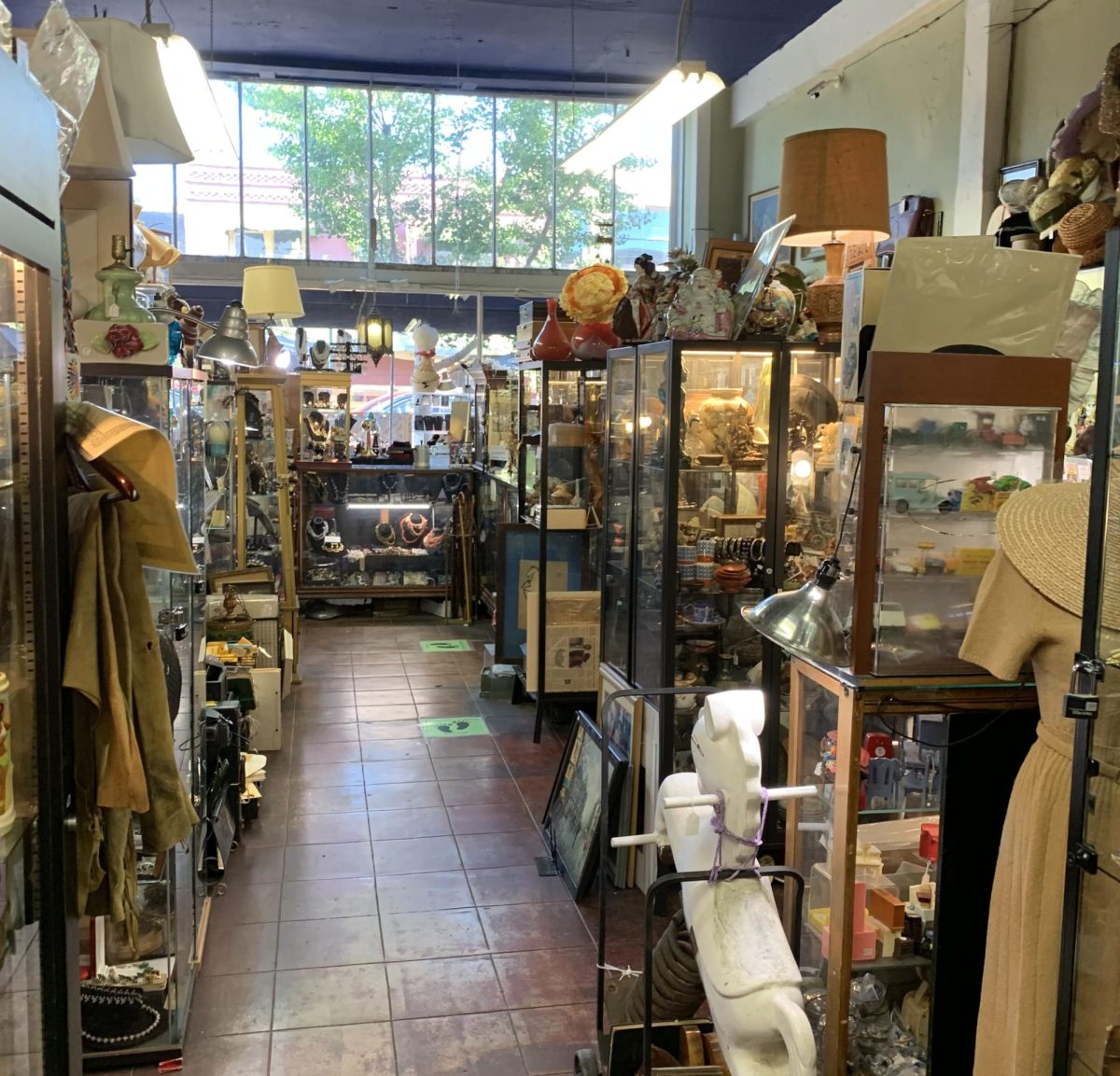
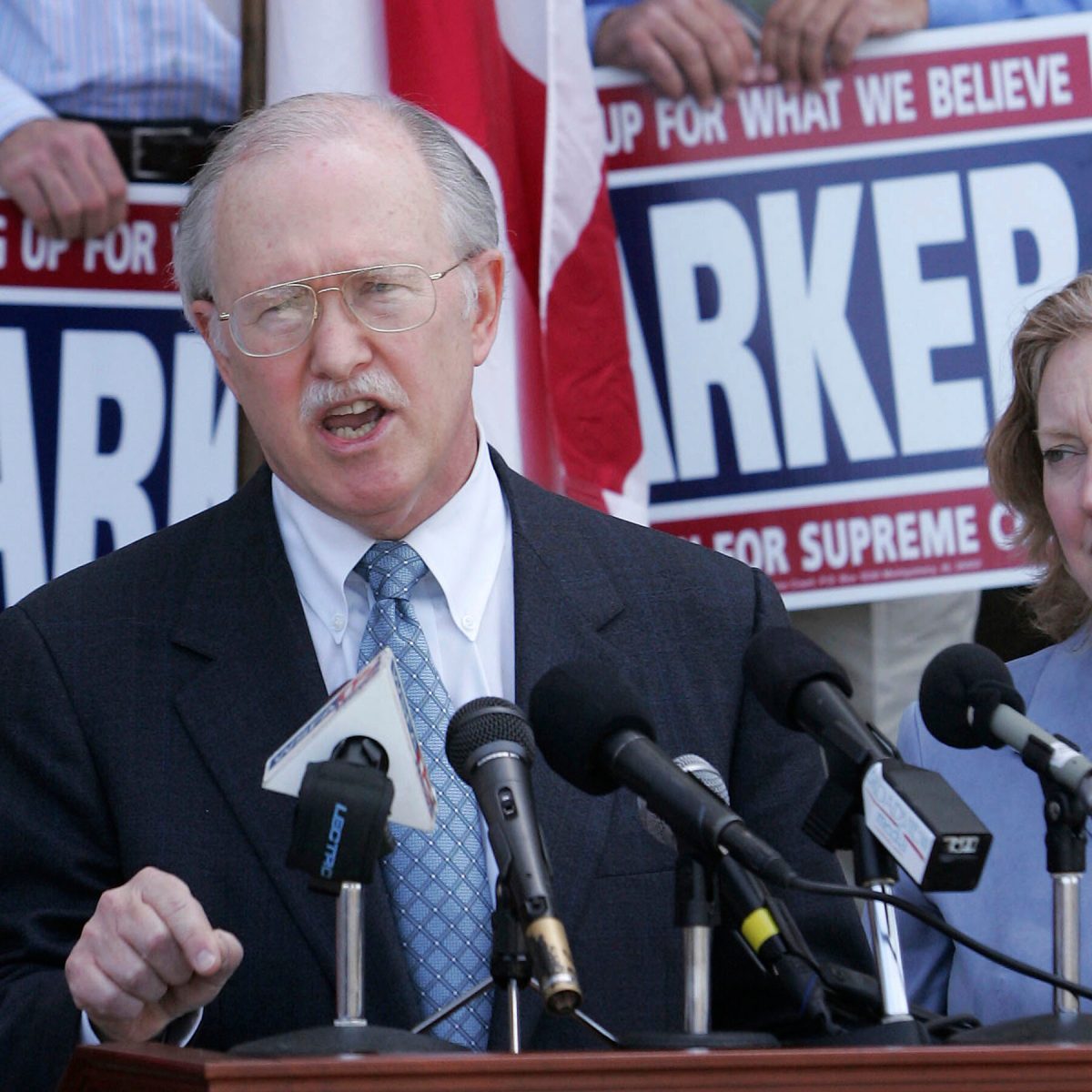








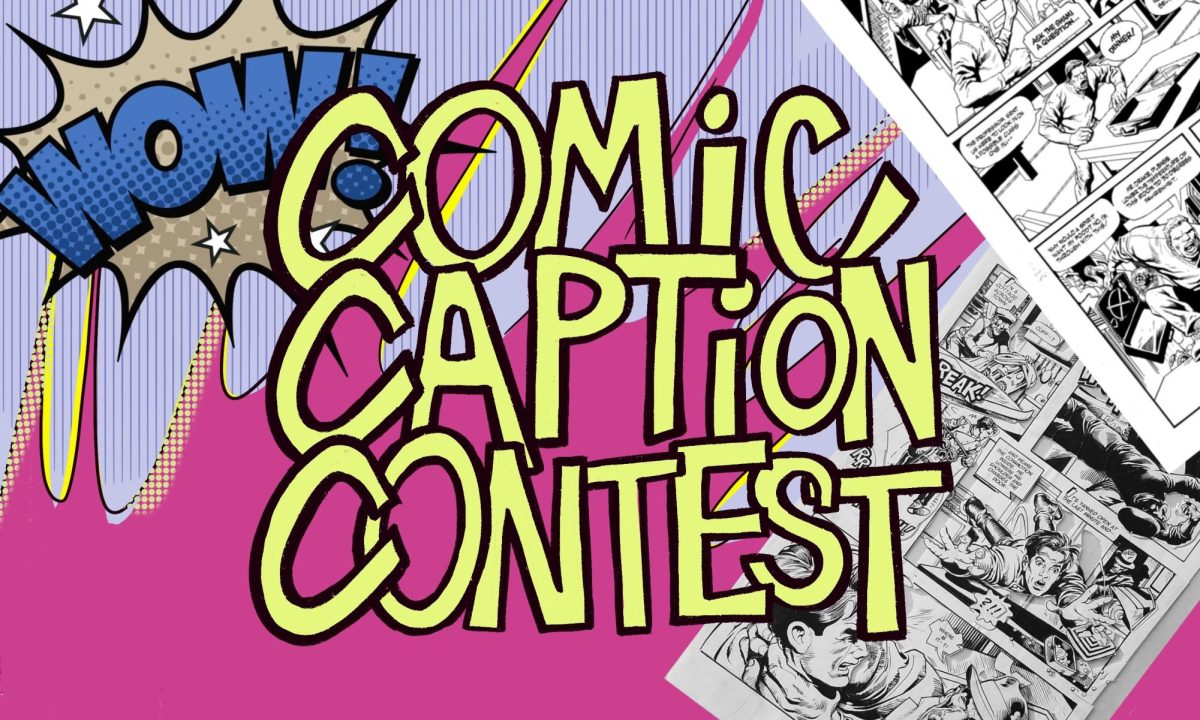

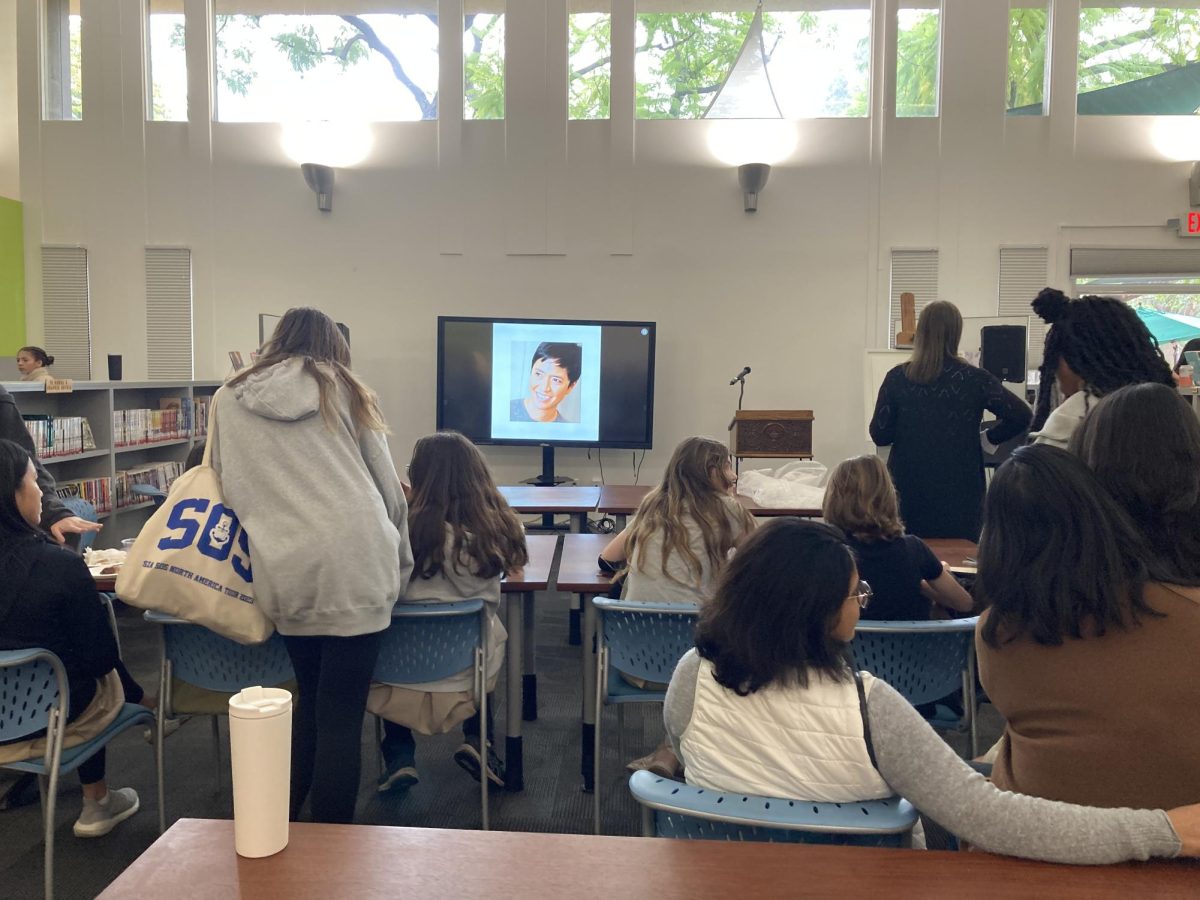

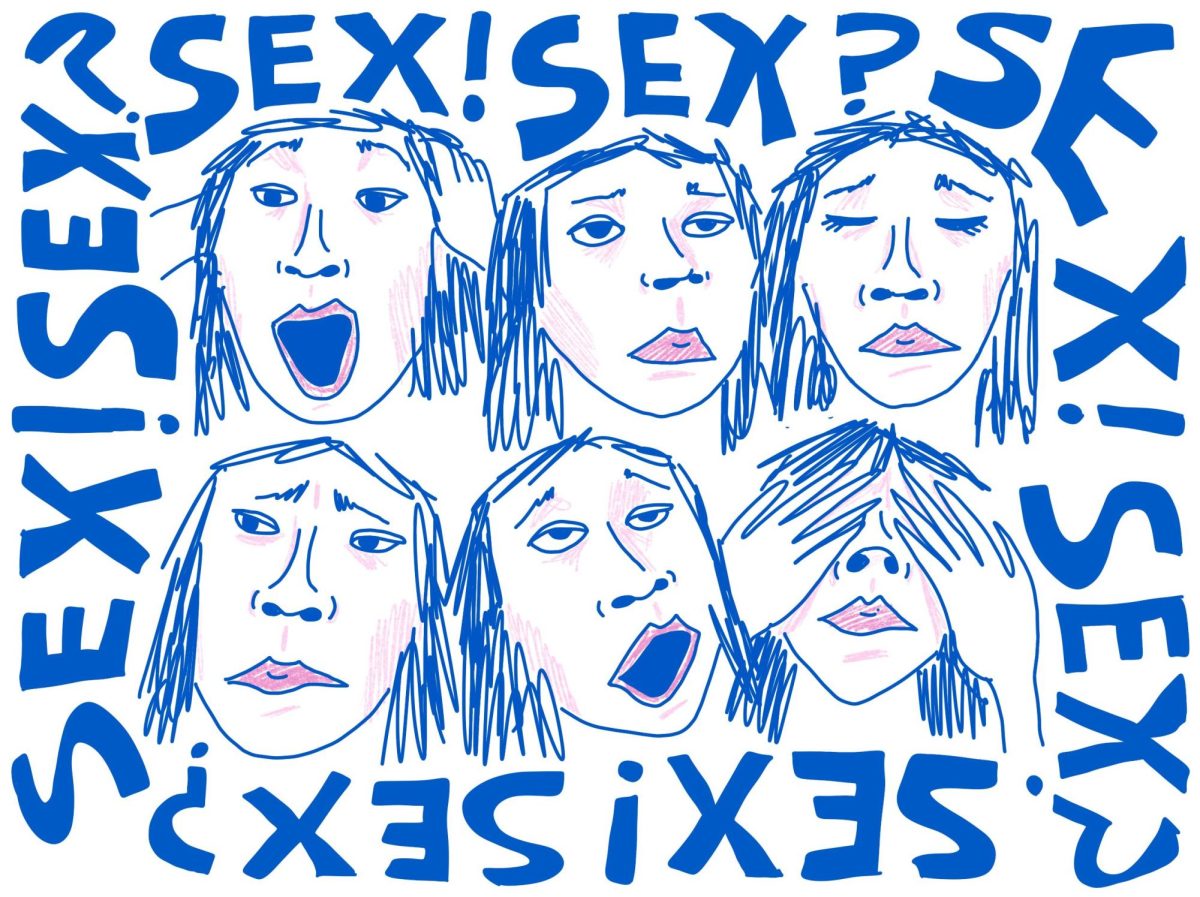
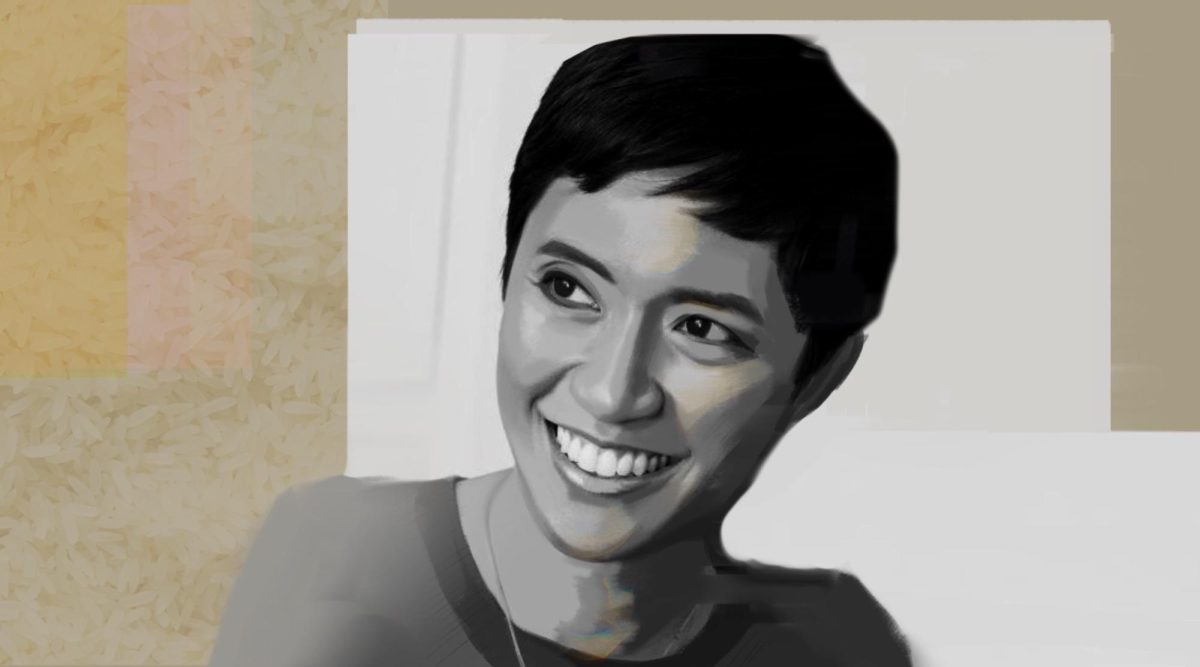

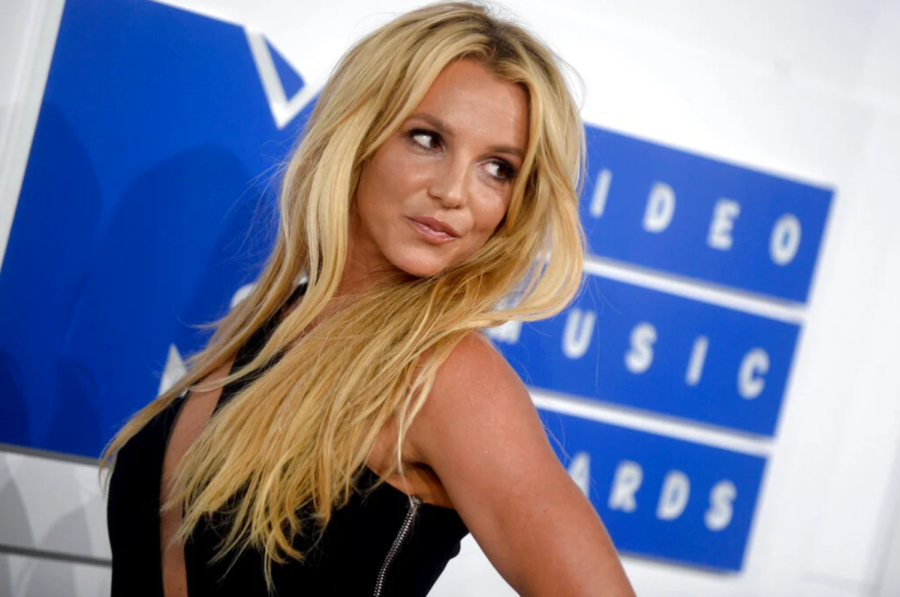
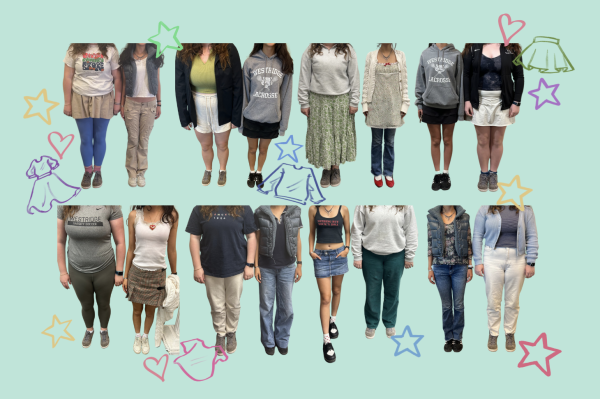


![[TTPD] has the more story-like poetic lyrics of folklore/evermore with her classic pop instrumental and production, so it feels very “her” to me. Like a culmination of everything she’s done to get to where she is now, comments Eliza L. 25](https://westridgespyglass.org/wp-content/uploads/2024/05/19swift-arrival-qfgw-articleLarge.jpg-598x600.webp)

